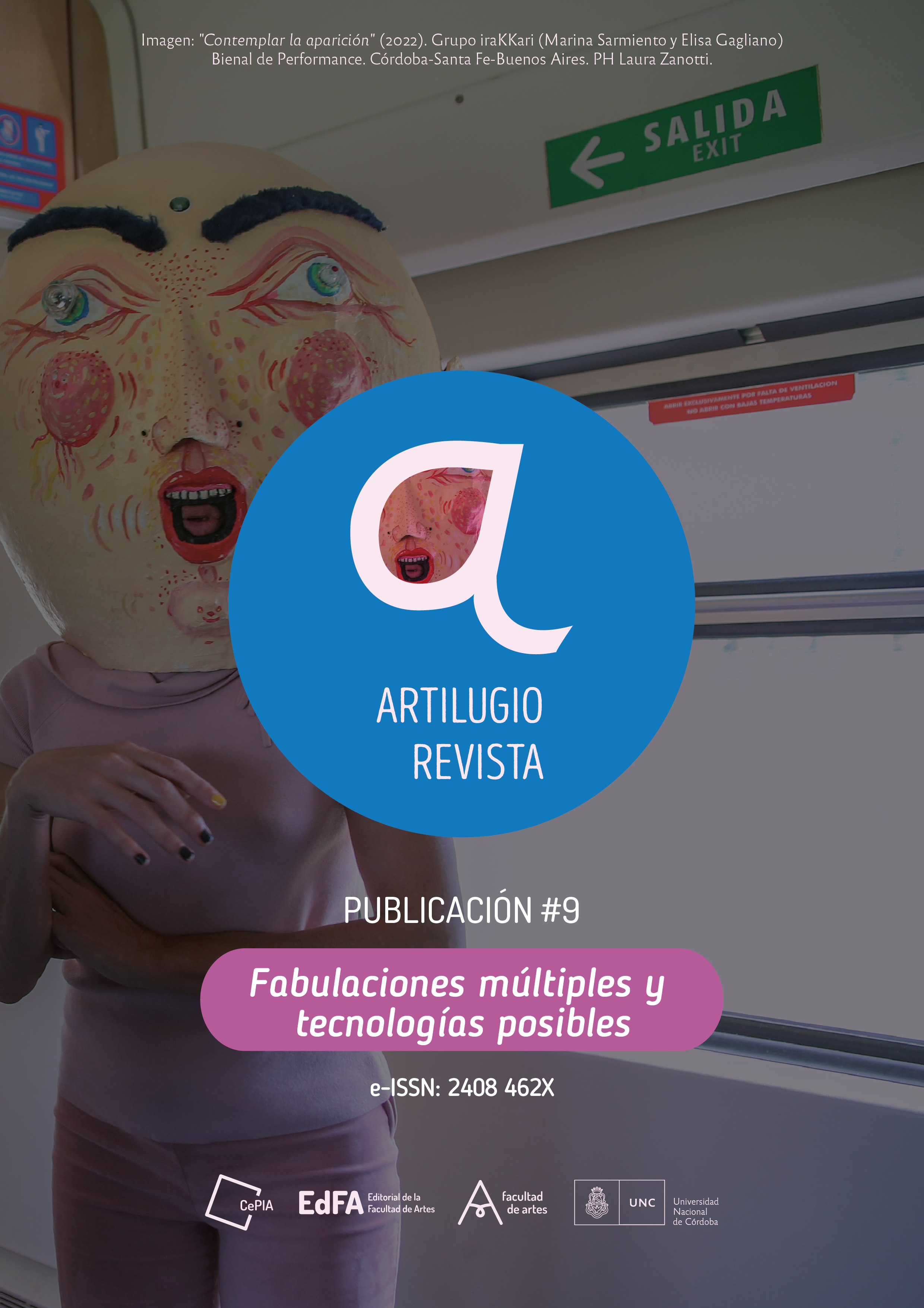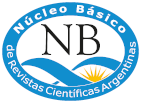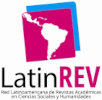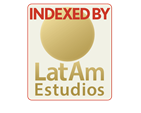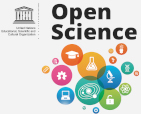Extracting and reassembling: archives under suspect in the work of Agustina Wetzel, Maia Navas and Pablo Weber
DOI:
https://doi.org/10.55443/artilugio.n9.2023.42241Keywords:
archiving, digital, montaje, control, film essayAbstract
This paper proposes an approach to the works of three emerging filmmakers from Argentina: Agustina Wetzel, Maia Navas and Pablo Martín Weber. Their productions are characterized by an essayistic narrative based on the remontage of the audiovisual archive. Their pieces stand out for their circulation, as they travel through different expositive spaces such as museums, art galleries and film festivals, among others. They occupy an insular place within the contemporary artistic field without being anchored to a fixed space, navigating between different exhibition formats. These audiovisual works propose a reflection on the images produced by the digital devices that record our current world, such as Google Earth, YouTube, drone footage, military images or the recording of space probe cameras. Each artist extracts these materials from the internet and assembles his or her own archive and then reassembles it an innovative way. Wetzel criticizes the security model of our society. Weber drifts through the infinite archives of the internet proposing a meditation on the ontology of these images. Navas dives into the past and edits the documents that testify to the repression of the native peoples of the Chaco in order to contrast them with the present images of this territory.
Downloads
References
Adamovsky, E. (2020). Historia de la Argentina. Buenos Aires: Crítica.
Bellour, R. (2009). Entre imágenes. Buenos Aires: Ediciones Colihue.
Català, J. M. (2007). Las cenizas de Pasolini y el archivo que piensa. En A. Weinrichter (Ed.), La forma que piensa. Tentativas en torno al cine-ensayo (pp. 92-108). Navarra: Gobierno de Navarra.
Etxeberria Bereziartua, O. E y Pinto, A. T. (2023). Evil Eye – La historia paralela de la óptica y la balística [catálogo exposición]. San Sebastián: Tabakalera.
Farocki, H. (2013). Desconfiar de las imágenes. Buenos Aires: Caja Negra Editora.
Federici, F. (2018). Hacia un paisaje teórico del cine de exposición. Qué es el cine: IX Congreso Internacional de Análisis Textual (pp. 599-607). Valladolid: Ediciones Universidad de Valladolid. http://uvadoc.uva.es/handle/10324/32191.
Garramuño, F. (2009). La experiencia opaca: Literatura y desencanto. Buenos Aires: Fondo de Cultura Económica Argentina.
Manen, M. (2017). Salir de la exposición: (si es que alguna vez habíamos entrado) (Vol. 1). Bilbao: Consonni.
Mbembe, A. (2020). Necropolítica. Tenerife: Melusina.
Mendiola, I. (2002). Movimientos sociales y trayectos sociológicos: hacia una teoría práxica y multidimensional de lo social. Athenea digital, 1 (1), p. 45. https://atheneadigital.net/article/view/n1-mendiola
Mendiola, I. (2022). El poder y la caza de personas. Frontera, seguridad y necropolítica. Manresa: Bellaterra Edicions.
Preciado, P. B. (2020). Yo soy el monstruo que os habla: Informe para una academia de psicoanalistas. Barcelona: Anagrama.
Steyerl, H. (2016). Los condenados de la pantalla. Buenos Aires: Caja Negra Editora.
Weber, P. M. (2020). Homenaje a la obra de P. H. Gosse [tesis de grado, Universidad de Córdoba]. http://hdl.handle.net/11086/21550.
Filmografía
Di Tella, A. (Dir.) (2019). Ficción privada [largometraje]. Argentina: Gema films.
Gottlieb, Y. (Dir.) (2021). No hay regreso a casa [largometraje]. Argentina-Perú: Pasajera cine.
Liebenthal, M. (Dir.) (2019). Aquí y allá [cortometraje]. Argentina: Fuego inextinguible cine.
Navas, M. (Dir.) (2021). Enviado para falsear [cortometraje]. Argentina: Yagua Pirú cine.
Weber, M. P. (Dir.) (2020). Homenaje a la obra de Philip Henry Gosse [cortometraje]. Argentina: Periferia cine.
Wetzel, A. (Dir.) (2020). Amiga BBS [cortometraje]. Argentina: Wetzel, A.
Wetzel, A. (Dir.) (2020). Satellite Heritage [cortometraje]. Argentina: Wetzel, A.
Downloads
Published
Issue
Section
License
Copyright (c) 2023 Pablo Salvador Boido

This work is licensed under a Creative Commons Attribution-NonCommercial-ShareAlike 4.0 International License.

